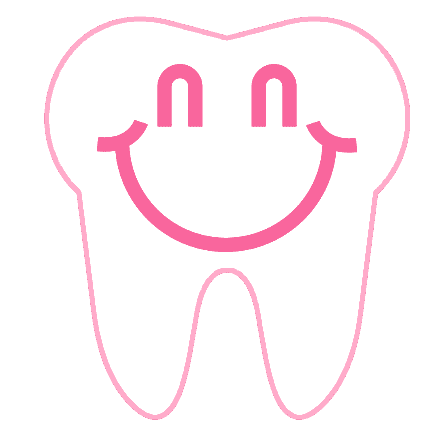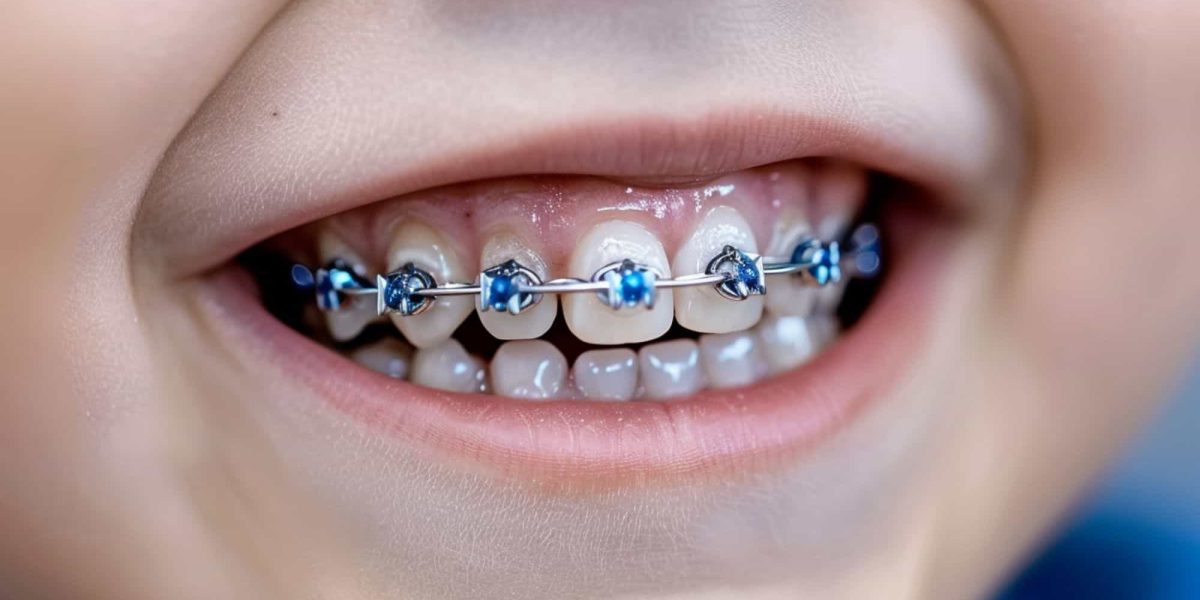When it comes to caring for your child’s teeth, knowing the roles of different dental professionals is crucial, especially if you’re considering orthodontic treatment. Let’s explore what pediatric dentistry and orthodontics involve.
What is Pediatric Dentistry?
Pediatric dentistry is a specialty focusing solely on the dental health of children from infancy through the teenage years. Pediatric dentists are dedicated to the oral health of kids, providing treatments that ensure the healthy development and maintenance of children’s teeth, gums, and mouth.
They undergo special training in dealing with children’s behavior, making kids comfortable during dental visits, and managing unique issues related to children’s dental growth and development.
What is Orthodontics?
Orthodontics is another specialty area of dentistry concerned with correcting teeth and jaws that are positioned improperly. Orthodontists use braces, retainers, and other devices to correct any misalignments that might affect a person’s bite, health of their teeth, and appearance. Orthodontic treatment is not only about creating a beautiful smile but also about improving dental health and function.
NOTE
Pediatric dentists and orthodontists play critical roles in the dental health of your children, but they serve different purposes. Understanding these can help you make informed decisions about when and where to seek the appropriate dental care for your child.
Qualifications of Pediatric Dentists in Orthodontics
Knowing whether your pediatric dentist in Beaumont can also handle orthodontic issues is important for planning your child’s dental care. Let’s discuss the training pediatric dentists receive and the legal standards they must meet to provide orthodontic treatments.
Educational Background of Pediatric Dentists
Pediatric dentists receive extensive training that includes dental school plus additional years of residency training in dentistry for infants, children, teenagers, and children with special needs. During this residency, they learn about various aspects of child psychology, developmental milestones, and specialized techniques suitable for treating children.
While their focus is primarily on general pediatric dentistry, some of this training lightly touches upon orthodontic principles, particularly as they relate to the growth and development of a child’s teeth and jaw.
…some of this training lightly touches upon orthodontic principles, particularly as they relate to the growth and development of a child’s teeth and jaw.
However, becoming proficient in orthodontics typically requires further specialized training beyond a pediatric dental residency. This additional training focuses explicitly on orthodontics — the study of aligning teeth and jaws. It includes learning about and applying braces, retainers, and other devices designed to correct misalignments.
Legal and Professional Guidelines
In Texas, pediatric dentists are legally permitted to perform some orthodontic procedures if they have the appropriate training and certifications. However, the extent to which they can provide these services can vary based on their specific qualifications and the regulations set by the Texas State Board of Dental Examiners.
It’s essential for pediatric dentists to adhere to professional and ethical standards, which dictate that they should only provide treatments within their scope of expertise. For parents in Beaumont, this means you should inquire about a pediatric dentist’s specific orthodontic training and experience before starting any orthodontic treatment.
Understanding the qualifications of your pediatric dentist can help ensure that your child receives the best possible care tailored to their needs.
The Overlap Between Pediatric Dentistry and Orthodontics
Understanding when a pediatric dentist might step into the role of providing orthodontic care can be essential for parents navigating their children’s dental health. Here, we will discuss specific situations where pediatric dentists may perform orthodontic treatments and the advantages of such care.
When Can Pediatric Dentists Perform Orthodontic Treatments?
Pediatric dentists in Beaumont may be able to provide orthodontic care if they have undergone the necessary additional training in orthodontics. They are often well-positioned to detect early signs of misalignment in a child’s teeth and jaw during regular check-ups.
In cases of mild to moderate orthodontic issues, a pediatric dentist with the right training might start initial treatments like space maintainers, palatal expanders, or even simpler forms of braces.
However, for more complex orthodontic problems, pediatric dentists typically refer their patients to a specialized orthodontist. This ensures that children receive the most appropriate and comprehensive care tailored to their specific needs.
Benefits of Receiving Orthodontic Care from a Pediatric Dentist
There are several benefits to having a pediatric dentist also manage your child’s orthodontic care, especially if they are equipped to do so:
Familiarity and Comfort: Children often feel more comfortable receiving all their dental care from the same practitioner, who they know and trust. This can make ongoing treatment more pleasant and less stressful for both children and their parents.
Convenience: Having one provider manage both general dental needs and orthodontic care can save time and simplify scheduling. This is particularly beneficial for busy families in Beaumont.
Continuity of Care: A pediatric dentist familiar with a child’s dental history and overall development can more effectively integrate orthodontic treatment with other dental care needs. This holistic approach can lead to better dental health outcomes.
Understanding this overlap and the circumstances under which a pediatric dentist might provide orthodontic care helps clarify the comprehensive services these dental professionals can offer.
Views from Orthodontic Specialists
Orthodontic specialists generally support the involvement of pediatric dentists in orthodontics, provided they have the necessary training. However, they stress the importance of collaboration in cases that require advanced orthodontic interventions. Specialists suggest:
Collaborative Care
In complex cases, a team approach involving both pediatric dentists and orthodontists can provide the best outcomes. This ensures comprehensive management of both the dental and orthodontic needs of the child.
Referral When Necessary
Orthodontists encourage pediatric dentists to refer cases that are beyond their scope of training or expertise, ensuring that all patients receive the most appropriate care tailored to their specific orthodontic needs.
Frequently Asked Questions
Parents often have many questions when it comes to their children’s dental care, especially regarding the role of pediatric dentists in orthodontics. Here, we address some of the most common queries with straightforward and informative answers to help families in Beaumont make informed decisions.
Can a Pediatric Dentist Provide Braces?
Yes, a pediatric dentist with the appropriate training in orthodontics can provide braces to correct mild to moderate misalignments in children’s teeth. However, it is crucial to verify that the pediatric dentist has undergone specialized training beyond their general pediatric dentistry education to ensure they are qualified to offer this service.
What are the Limitations of Pediatric Dentists in Treating Severe Orthodontic Cases?
Pediatric dentists are typically equipped to handle mild to moderate orthodontic issues. For severe cases, such as significant misalignments, complex bite issues, or surgical needs, they will likely refer the patient to an orthodontist. Orthodontists specialize in more complex orthodontic treatments and are better equipped to handle such cases.
How to Choose Between a Pediatric Dentist and an Orthodontist for Your Child’s Braces?
When deciding whether to choose a pediatric dentist or an orthodontist for your child’s braces, consider the complexity of the dental issues and the level of orthodontic training the pediatric dentist has. For straightforward cases, a well-trained pediatric dentist can be an excellent choice due to their familiarity with your child’s dental history. For more complex issues, an orthodontist might be preferable for their specialized expertise.
What Additional Training Should Pediatric Dentists Have if They Want to Do Orthodontics?
Pediatric dentists interested in offering orthodontic services should pursue additional training specifically in orthodontics. This includes courses and certifications in the use of braces, aligners, and other orthodontic appliances, often provided through postgraduate programs or specialized continuing education courses.
Conclusion
Understanding whether a pediatric dentist can perform orthodontics involves considering their training, the nature of the dental issues, and the specific needs of your child. With the right information and a clear understanding of the qualifications of your pediatric dentist, you can make the best decision for your child’s smile and overall dental health. Remember, the goal is to ensure that your child receives the most effective and appropriate care for a healthy, beautiful smile.


